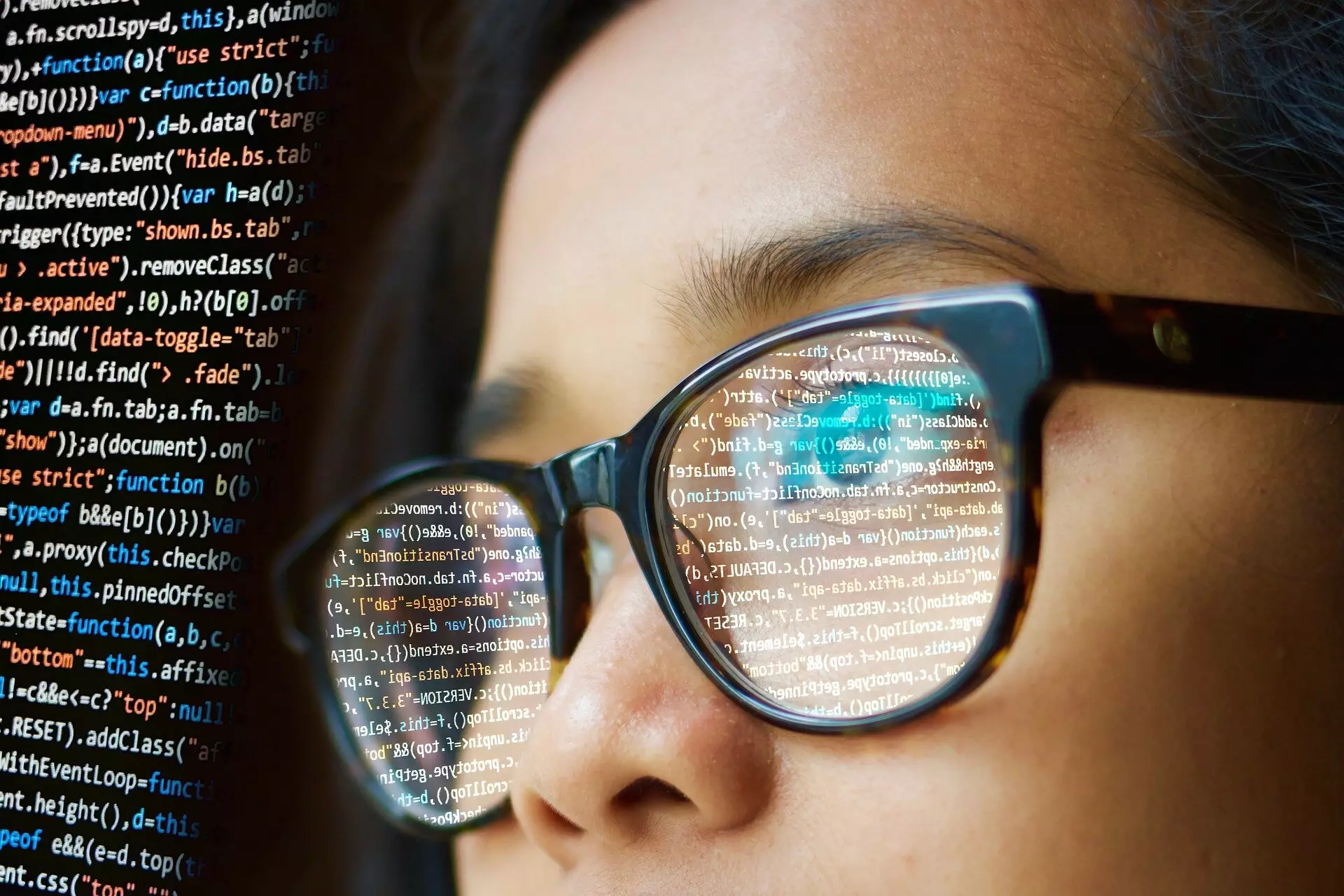In a recent cross-disciplinary study conducted by researchers at Washington University in St. Louis, a surprising psychological phenomenon was revealed at the intersection of human behavior and artificial intelligence. This study found that participants actively adjusted their behavior to appear more fair and just when they believed they were training AI to play a bargaining game. The lead author of the study, Lauren Treiman, noted that while this motivation to train AI for fairness is encouraging, it raises concerns about potential hidden agendas that others may have in training artificial intelligence.
The study, published in the Proceedings of the National Academy of Sciences, consisted of five experiments with approximately 200-300 participants each. Subjects were asked to participate in the “Ultimatum Game,” where they negotiated small cash payouts with either human players or a computer. When informed that their decisions would be used to teach an AI bot how to play the game, participants were more likely to seek a fair share of the payout, even if it meant sacrificing some of their own earnings. This behavior change persisted even after participants were notified that their decisions were no longer being utilized to train AI, suggesting a lasting impact on decision-making processes.
Understanding the Motivations Behind Behavior Change
Despite the positive implications of participants’ inclination towards fairness in AI training, the underlying motives driving this behavior adjustment remain unclear. The researchers did not delve into specific motivations and strategies, leading to speculation by Wouter Kool, an assistant professor of psychological and brain sciences, that participants may have been responding to a natural tendency to reject offers perceived as unfair. He also noted the possibility that participants were not considering the future consequences of their actions but instead opting for the path of least resistance.
Chien-Ju Ho, an assistant professor of computer science and engineering, emphasized the significance of the human element in AI training. He highlighted the role of human decisions in shaping AI algorithms and the importance of addressing human biases during training to prevent biased outcomes in AI deployments. Ho pointed out the prevalence of biased facial recognition software that struggles with accurately identifying individuals of color due to the biased and unrepresentative data used in training. This mismatch between AI training and deployment underscores the critical need to consider the psychological aspects of computer science in AI development.
The study’s findings shed light on the profound impact of human behavior on AI training, emphasizing the need for developers to be cognizant of the potential behavioral changes that may occur when individuals are aware their actions are shaping artificial intelligence. By understanding and addressing these psychological nuances, developers can work towards creating more ethical and unbiased AI systems that align with societal values and principles.


Leave a Reply